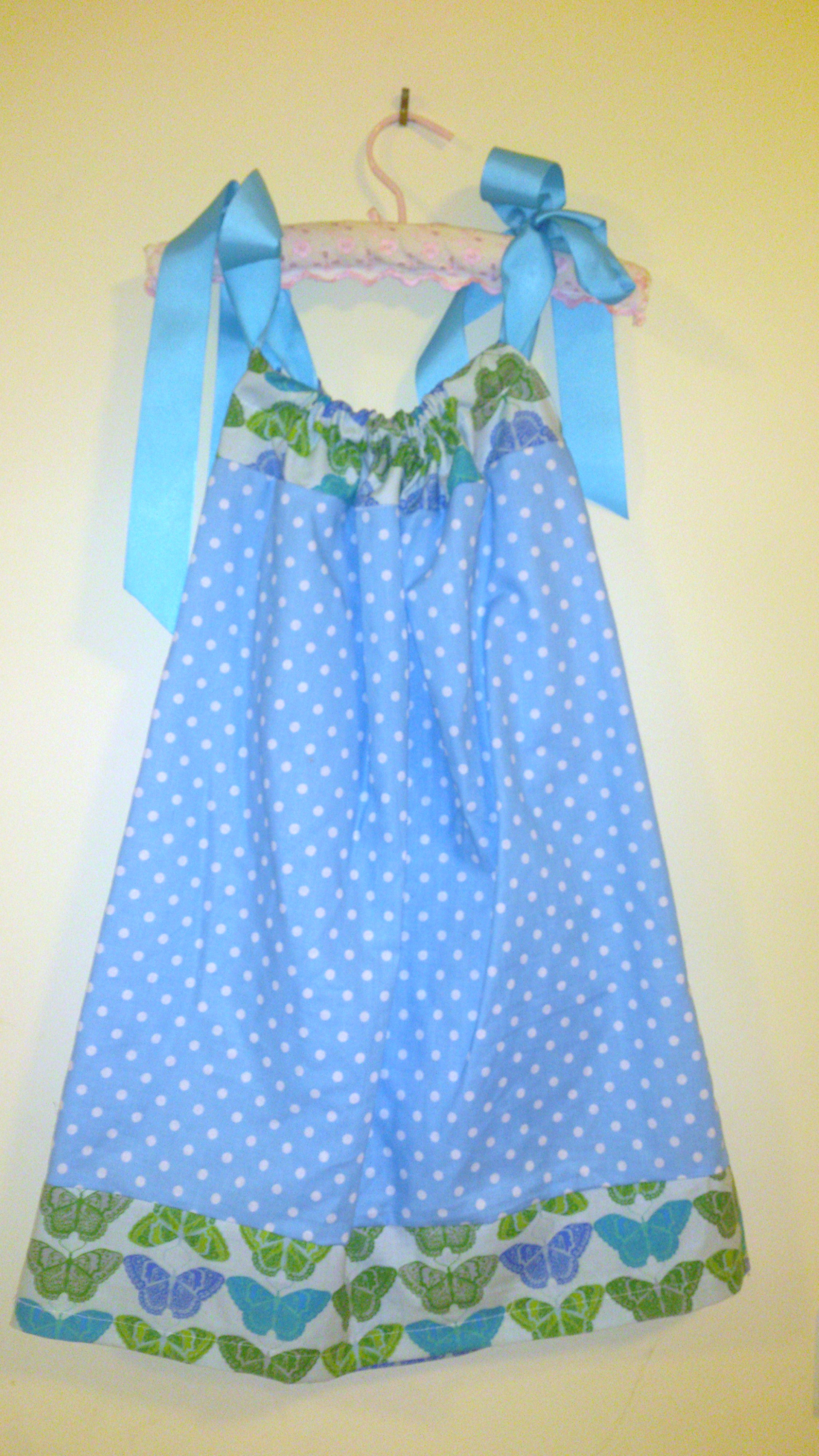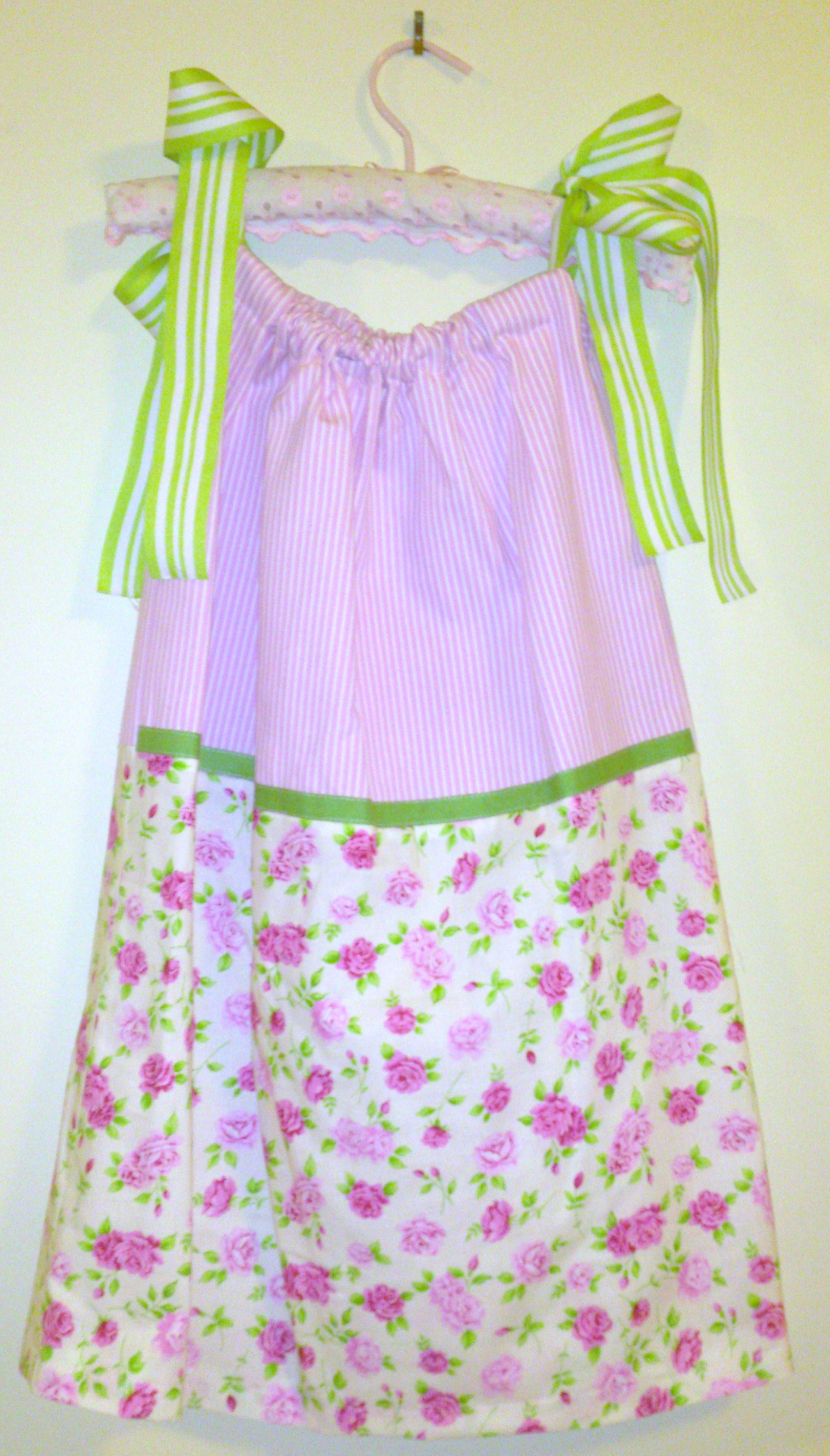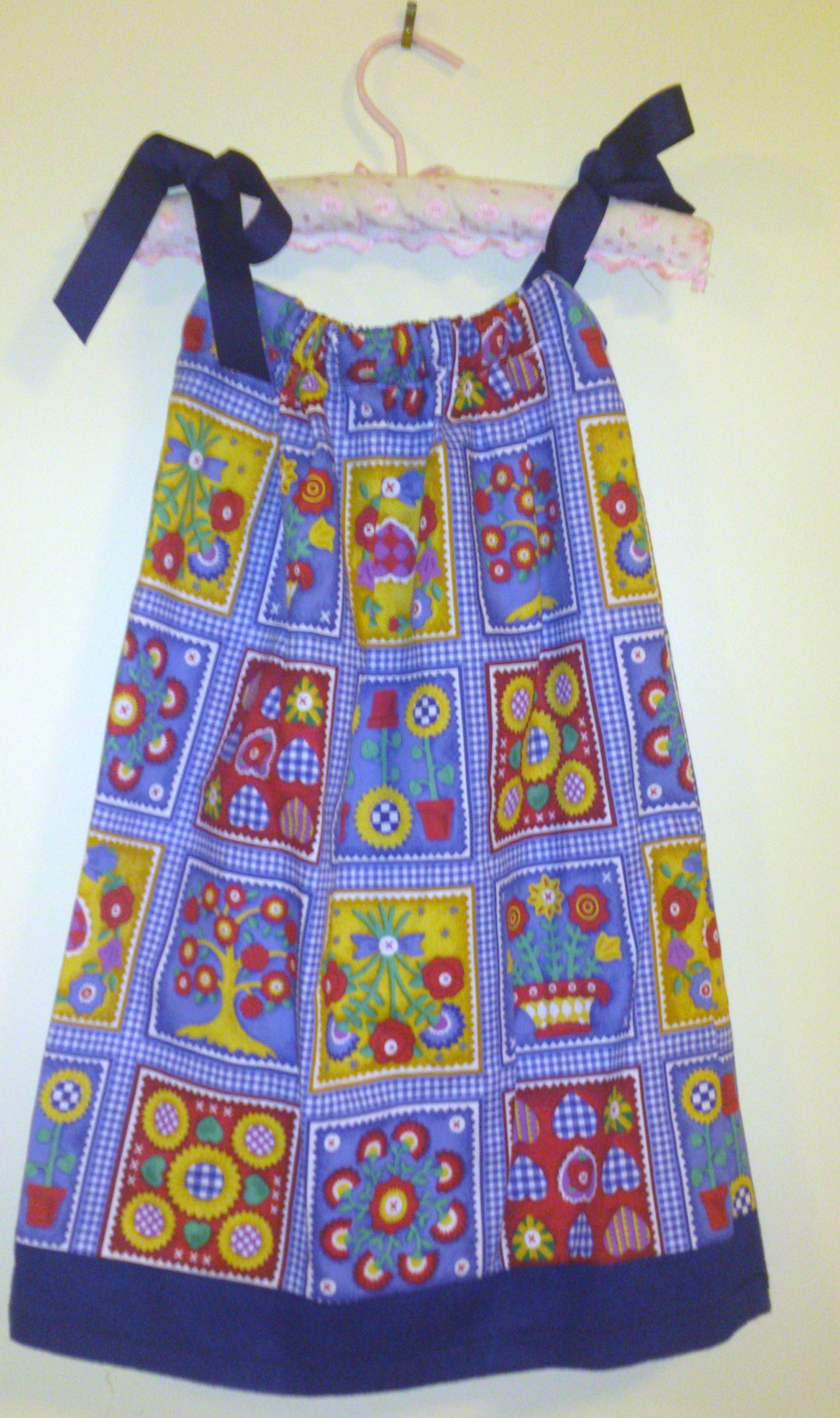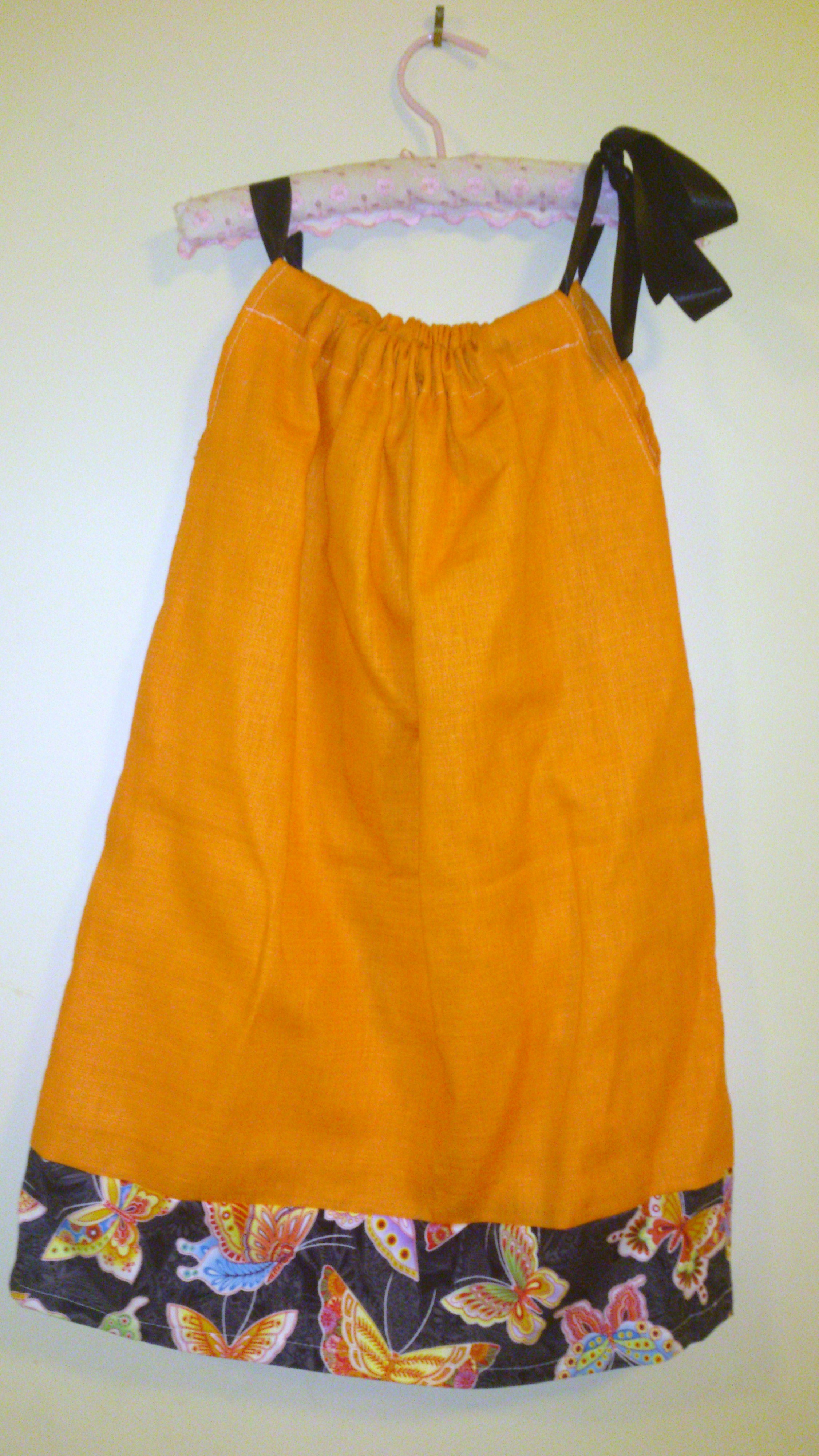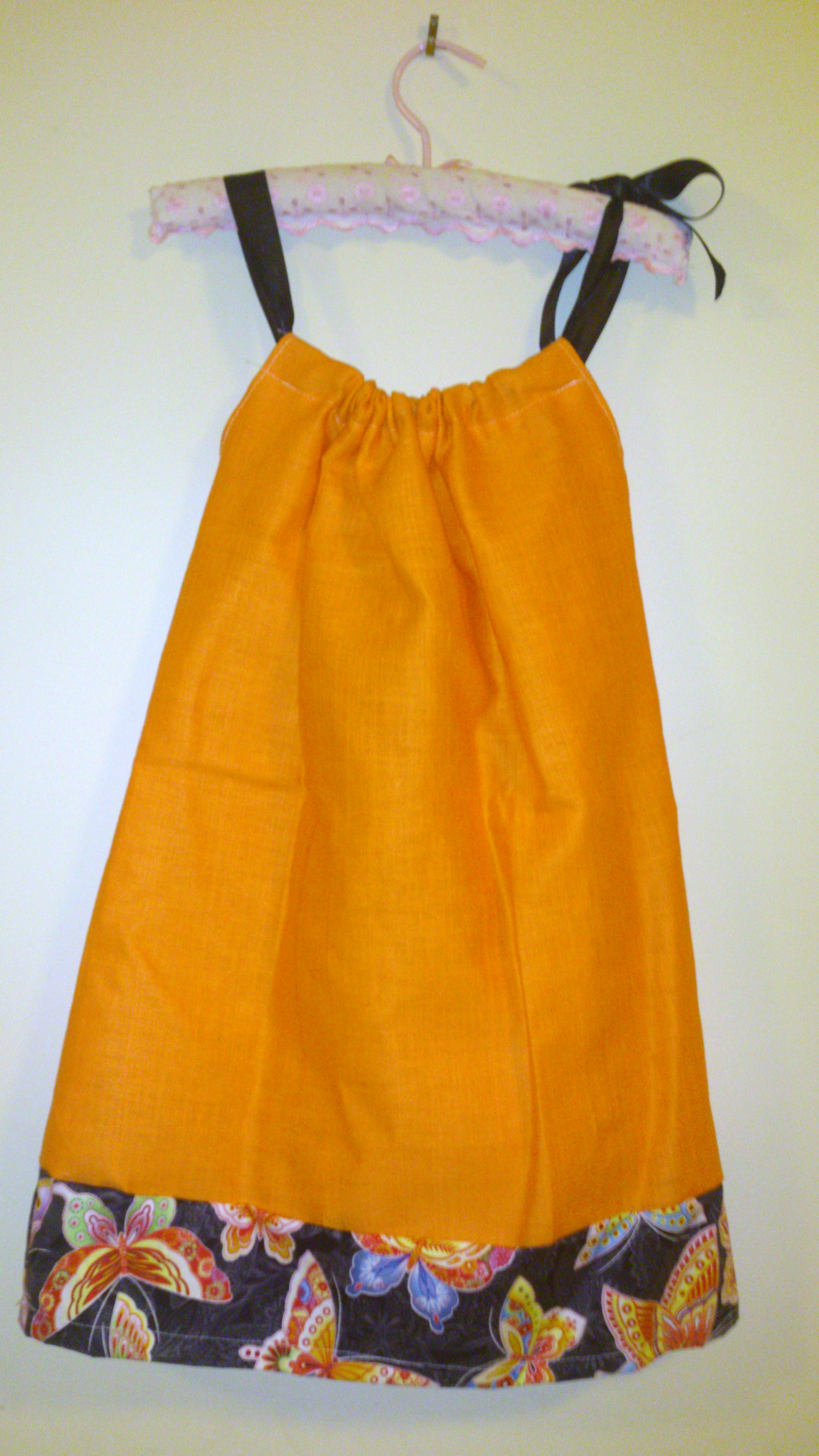Why we love handmade stuff so much

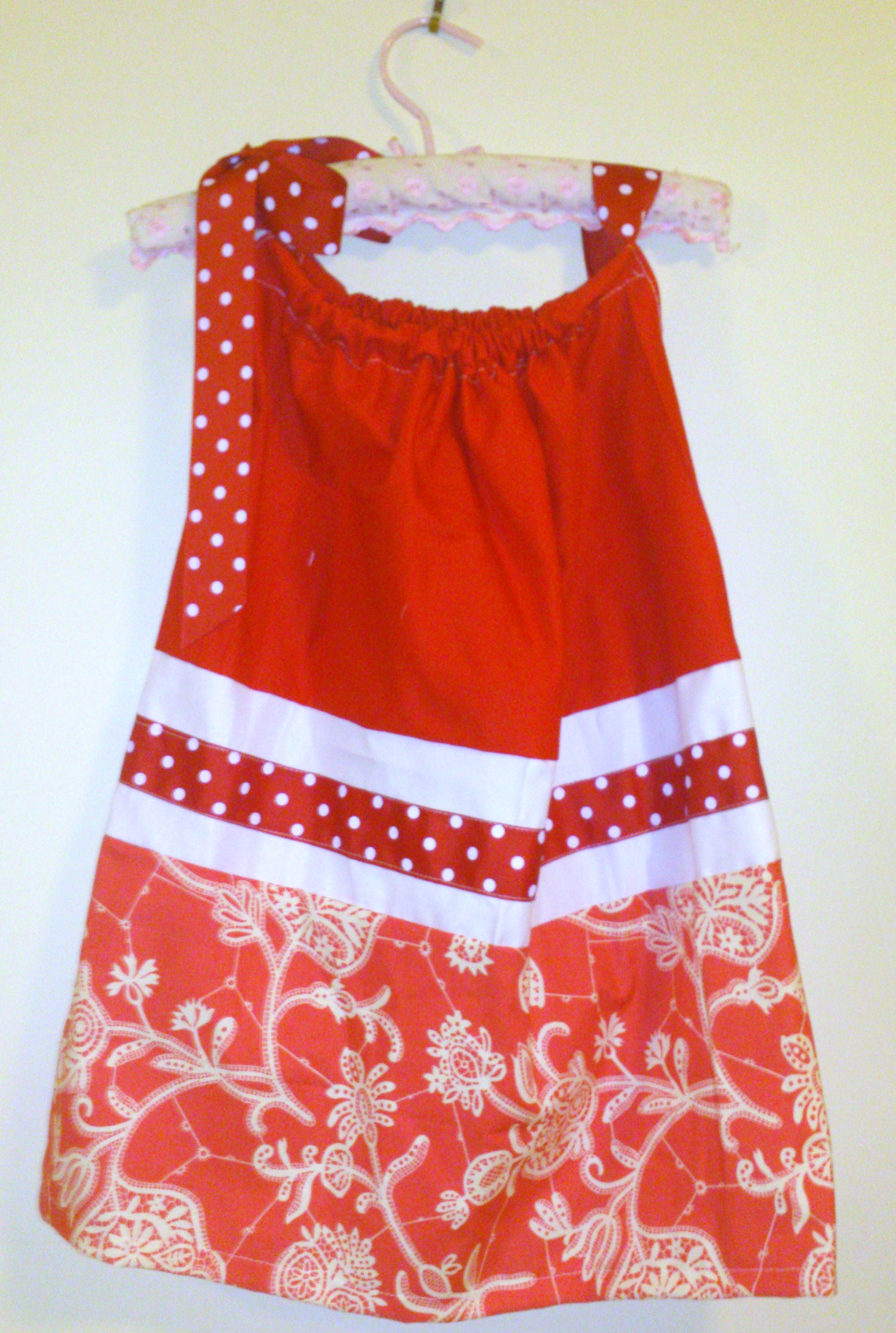
If you come to the Country Fair at our local school in a fortnight you might wander past my stall. I've spent the past few months creating things to sell; tutus and matching crowns, bracelets and beaded bubble wands. I've also stitched bunting flags, headbands and what I consider my pieces de resistance, twelve different little girls' dresses.
If you've ever wanted a good reason to take up sewing, this is it: it's great for your ego.
Seriously. People gush.
You'd think no-one had ever seen a child's frock before, the way people have responded to these dresses.
"You made this? Wow. That's so great. You're so clever."
The fact is, I'm not particularly clever. I can sew, but so can lots of people. My dresses are cute, but they're not the best piece of stitching you've ever seen. (In fact, there are quite a few dodgy bits.) Most people's children have worn things that have been better made and more original that were bought from a shop. Any shop.
The reason people gush and compliment and value my dresses is because they know me. There's a relationship with the person who made what they're buying.
It's quite likely that my dresses will be kept longer and worn more than an equivalent shop-bought piece of clothing, simply because they carry more meaning and personal connection than something that's made in a factory by a faceless worker in another country. In other words, by someone we don't know.
We all fawn over hand-knits because we can see how long it's taken our aunty or grandma or mum to put them together. But we scoff at and discard a knit we pick up cheaply because we have no connection with the person who made it.
Imagine if everything we owned was made by someone we knew. We would value every single item more. We would discard little, and we would probably own less.
Removing the human face from production does us all a great disservice. Creativity, art, craftsmanship and value is forgotten in the unstoppable tide of consumerism. We buy more than we need and throw it out all too quickly, ignoring the people behind it all.
But the fact is, almost every single item we own is made, or caused to be made, by people. Real people with lives, dreams, families, sweat and emotions.
It's almost impossible to return to the days before cheap, mass-produced goods. My small fight against the inevitable consists of making my own, buying from people I know and attempting to find out where my stuff comes from.
I also do one other thing. That is, to be mindful of the people behind the things I use. When I pick something up I think about the person who made it. And, being a person who prays, I ask for blessing on them and their family. It's the least I can do in this world that loves stuff, but ignores the humanity behind it.






